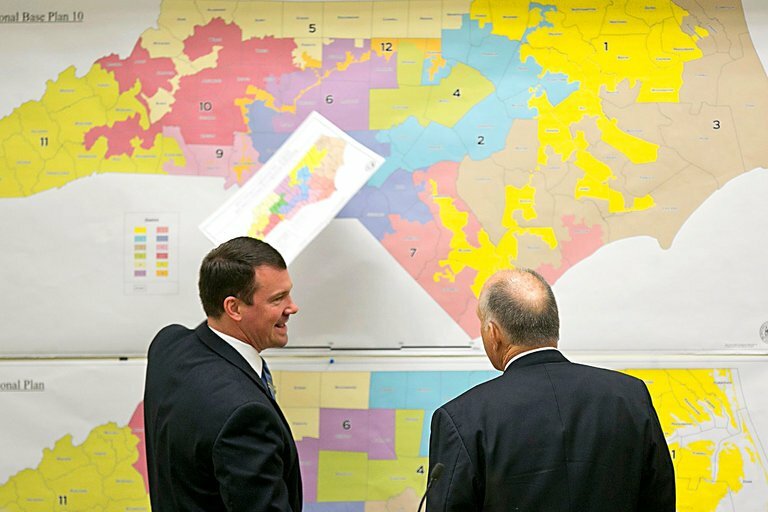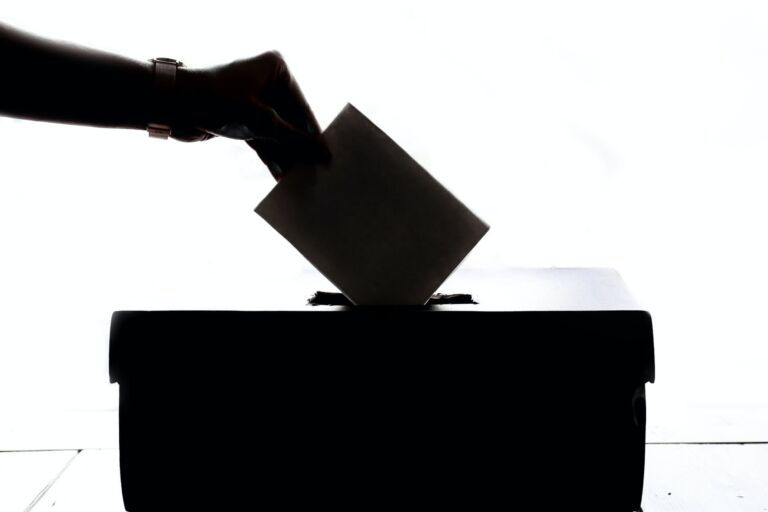Amid growing concerns about the Obama administration’s efforts to snoop into Americans’ lives, Bruce Schneier shares with Atlantic readers why he worries about the facts that have yet to be learned.
We don’t know a lot about how the government spies on us, but we know some things. We know the FBI has issued tens of thousands of ultra-secret National Security Letters to collect all sorts of data on people — we believe on millions of people — and has been abusing them to spy on cloud-computer users. We know it can collect a wide array of personal data from the Internet without a warrant. We also know that the FBI has been intercepting cell-phone data, all but voice content, for the past 20 years without a warrant, and can use the microphone on some powered-off cell phones as a room bug — presumably only with a warrant. …
… There’s much more we don’t know, and often what we know is obsolete. We know quite a bit about the NSA’s ECHELON program from a 2000 European investigation, and about the DHS’s plans for Total Information Awareness from 2002, but much less about how these programs have evolved. We can make inferences about the NSA’s Utah facility based on the theoretical amount of data from various sources, the cost of computation, and the power requirements from the facility, but those are rough guesses at best. For a lot of this, we’re completely in the dark.
And that’s wrong.
The U.S. government is on a secrecy binge. It overclassifies more information than ever. And we learn, again and again, that our government regularly classifies things not because they need to be secret, but because their release would be embarrassing.
Knowing how the government spies on us is important. Not only because so much of it is illegal — or, to be as charitable as possible, based on novel interpretations of the law — but because we have a right to know. Democracy requires an informed citizenry in order to function properly, and transparency and accountability are essential parts of that. That means knowing what our government is doing to us, in our name. That means knowing that the government is operating within the constraints of the law. Otherwise, we’re living in a police state.
We need whistle-blowers.
And more inspector generals, if you remember Thursday’s entry.


